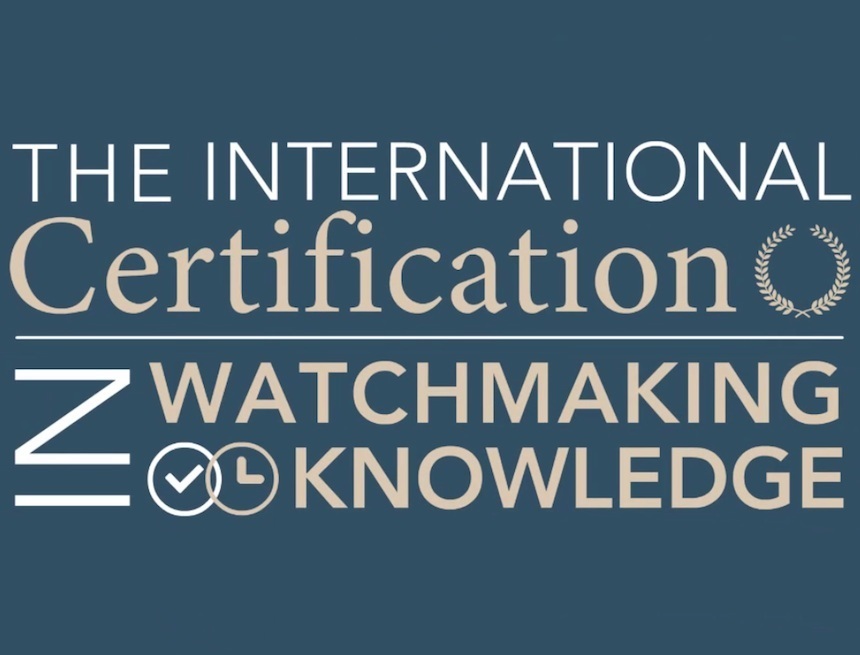
Last year, the Fondation de la Haute Horlogerie (FHH) debuted an interesting and admittedly bold new initiative with the “HH Certification” exam. The FHH calls the exam the “international certification for watchmaking knowledge,” but that alone doesn’t really explain the purpose behind this bold new step in their efforts to offer a more regimented approach to watch education.
In addition to taking the exam itself, aBlogtoWatch spent in total several hours speaking with the team behind the HH Certification on their efforts to create the test as well as their goals behind it. The Fondation de la Haute Horlogerie is an interesting Geneva-based organization that is technically part of the Richemont Group, but whose public mission is to spread and further high-end watch culture and awareness. As a group, their projects aim to share news and stories, promote the artistry inherent in the production of “haute horology,” and to create campaigns and initiatives to assist the member brands of the FHH who each hope to benefit as result of the foundation’s activities.
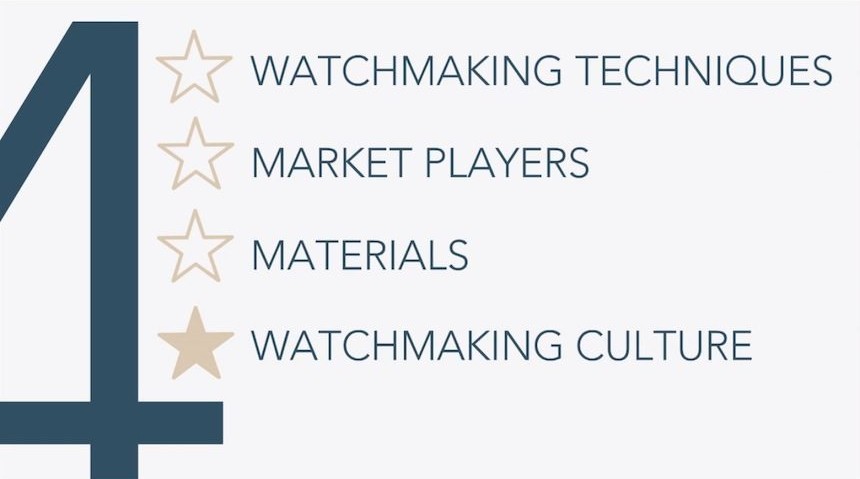
The HH Certification is perhaps the FHH’s boldest move ever, as it exists not only as an education device, but a tool for people whose careers exist within the watch industry. While anyone can register and take the HH Certification exam, the main purpose behind the test is to offer a valuable certification for professionals involved in the sales side of the watch industry. In effect, the HH Certification is a response to one of the biggest problems facing the watch industry today, and that is the relevant education and skills relied upon by the men and women around the world whose jobs are to sell timepieces to consumers.
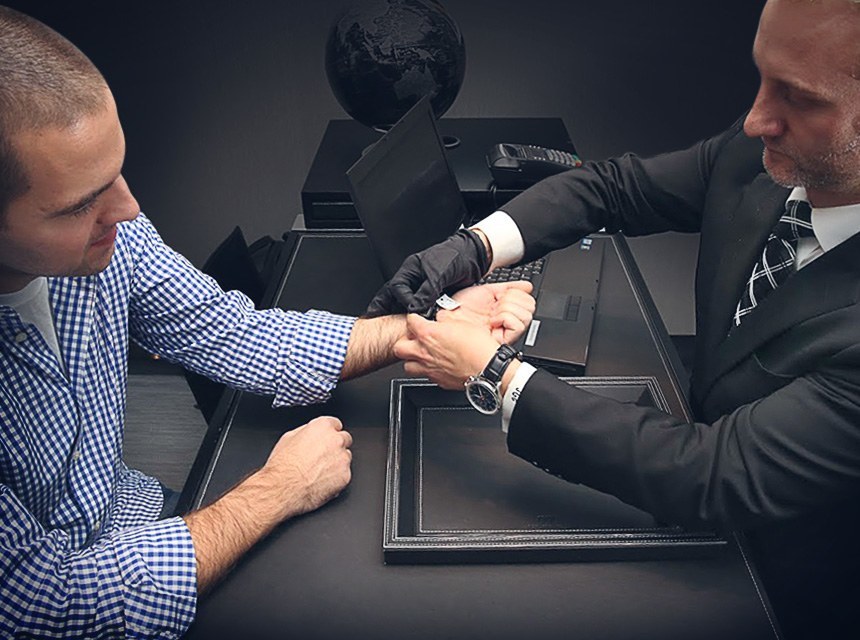
If you’ve ever encountered a watch sales person who didn’t seem to be particularly good at their job, then you probably have some awareness of the problem. In fact, speaking to many of the extremely talented and successful watch sales people around the world (of which there are many), one of their biggest outspoken embarrassments is how many of their colleagues are woefully unequipped to perform their work. Consider how bad it makes good watch retailers look when consumers bulk them in the same pile as the poorly trained watch sales staff they may have encountered elsewhere.
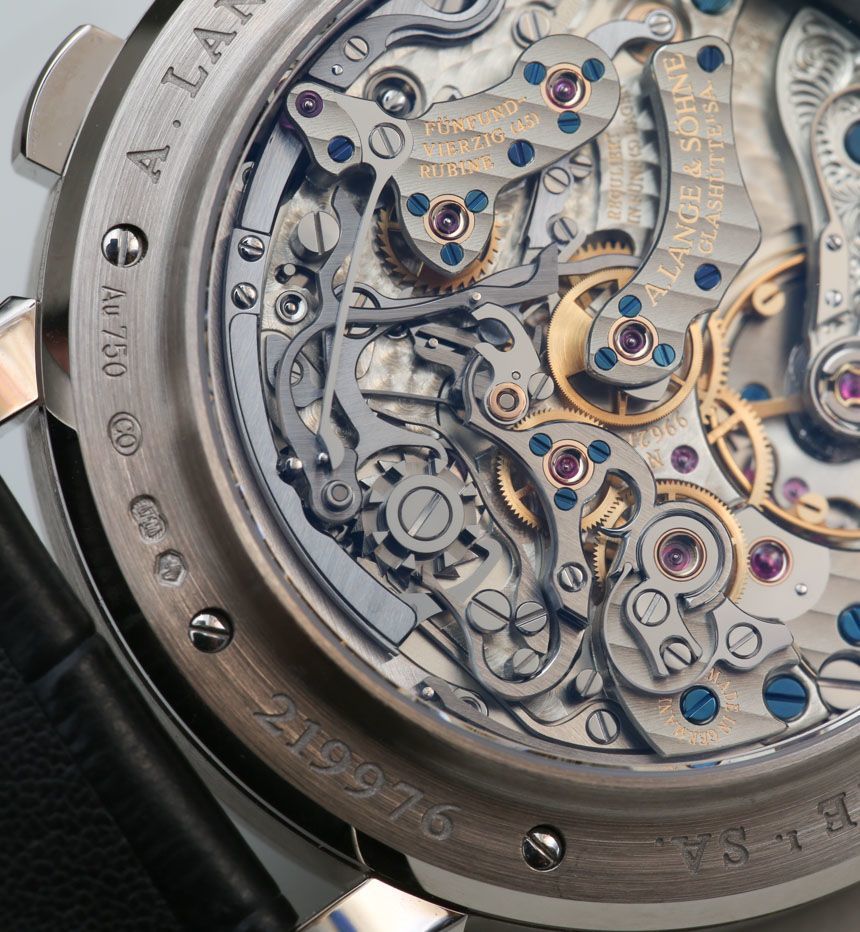
The issue of properly trained watch sales people is almost on par with the issue of not having enough watch makers or repair professionals. Watch companies keep making watches, but there aren’t enough good people around the globe to service and properly sell them. Going back to the HH Certification, the goal of the test is to offer a standardized approach to both testing watch knowledge as well as to offer a reliable certification for those who possess it.
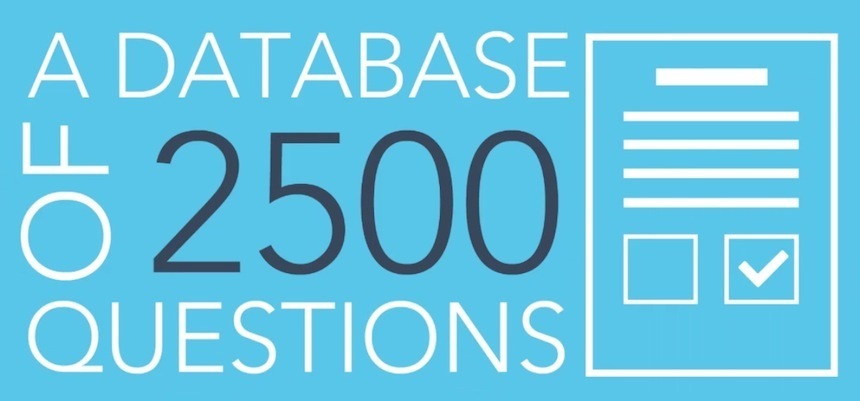
The HH Certification exam’s existence as a tool for the watch industry is an ongoing process. The organization’s team has compiled a growing list of queries that recently numbered over 2,500 multiple choice questions. Topics range from watchmaking history and technique to brand and model awareness, as well as technical understanding. With that said, like all standardized multiple choice exams, having an effective test is a never-ending process of refinement and re-examination. The team however is keenly aware that while their examination already has a high level of professionalism to it, feedback from the watch industry and consistent improvements to the process will be necessary to ensure the HH Certification continues to deliver value to the industry it aims to serve.
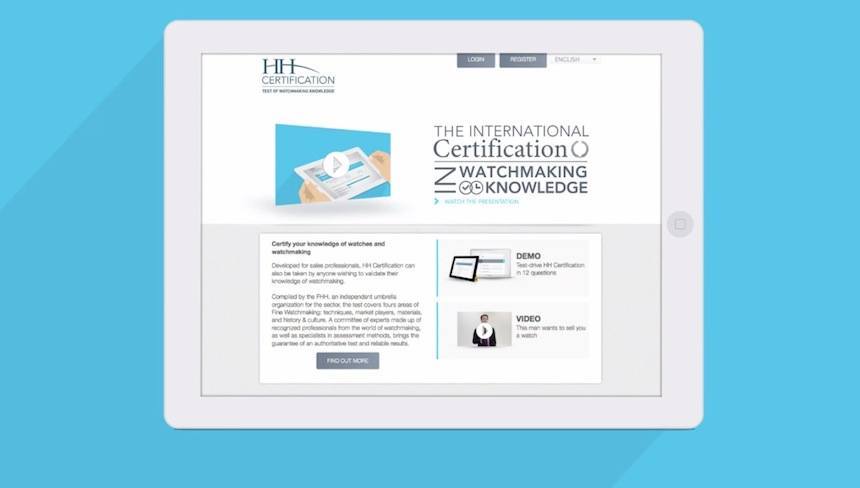
Our understanding is that the FHH eventually intends for the majority of individuals taking the HH Certification exam to be watch industry professionals, or those hoping to be watch industry professionals. Sales people eager to prove their knowledge and ability to convey the many complicated details related to mechanical watches will feel compelled to earn a high rank for the HH Certification, and those interested in applying for sales positions at quality watch retailers and brand boutiques may have incentive to study for and take the HH Certification exam as well.
The exam itself has three certificates that it can award based on the overall score – and the way scoring is performed is sort of interesting. Scoring isn’t straightforward like most other exams, because unlike most multiple choice examples, you don’t get credit for only answering the right question. Rather, you answer the question along with noting how confident you are in that question. You’ll score maximum points for a correct answer that you have high confidence in, but you’ll also earn some points for a wrong answer you know probably isn’t correct. This vastly changes the dynamic of how test takers approach a multiple choice exam, and I found it to be quite interesting.
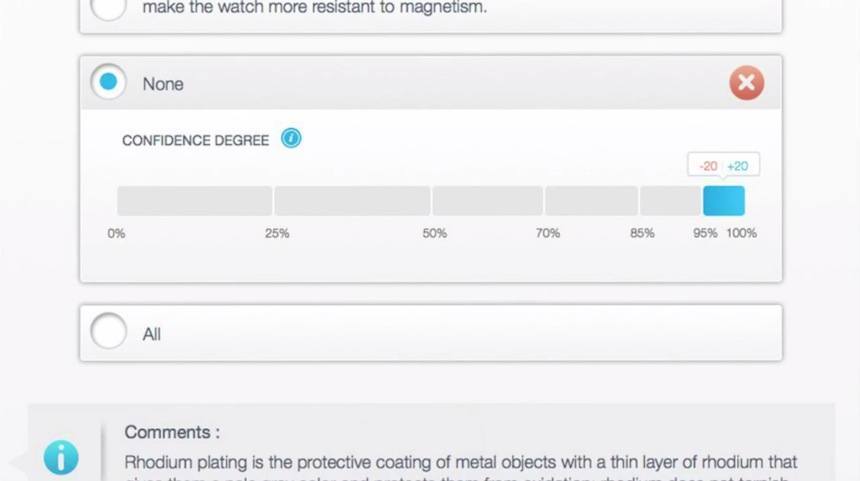
Certification – assuming the test taker passes – comes in three forms which, in ascending difficulty, are “Adviser in Fine Watchmaking,” “Specialist in Fine Watchmaking,” and finally, “Expert in Fine Watchmaking.” The exam itself is further offered as a light version with fewer questions (and I believe the max result there is “Adviser in Fine Watchmaking”) or the full exam which consists of 160 questions.
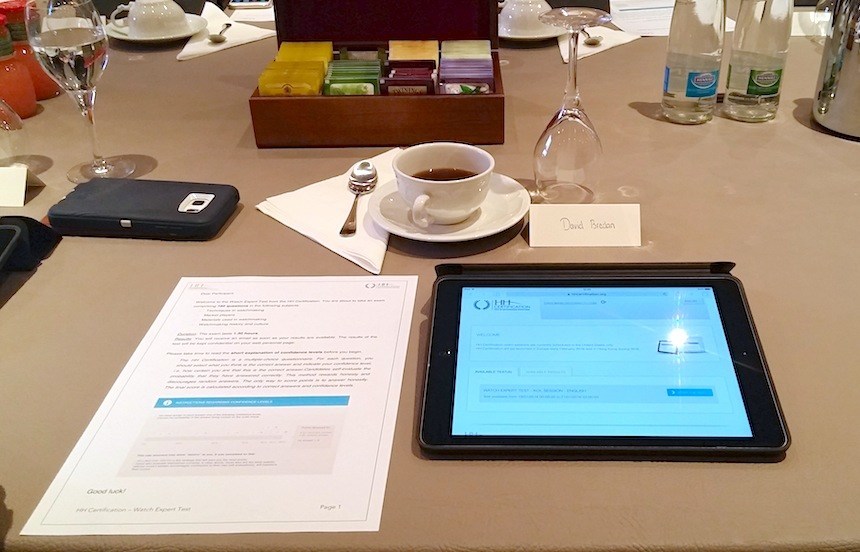
The HH Certification itself is offered digitally on an iPad, although you’ll need to take the exam in a controlled test taking environment. As the HH Certification is sill being rolled out, it is actually only currently available in the United States, with test centers being in New York City, Fort Lauderdale, Florida, and Los Angeles, California. That should offer you a few hints as to the parts of the United States where the most watches are sold – and where qualified watch sales people are the most needed.
The FHH promises that somewhere around the time this article is published in early 2016, the HH Certification will open up in parts of Europe as well as Hong Kong. More details on that as well as registration are available on the HH Certification website which will be linked to below.

The exam isn’t free, either. Watch industry professionals and enthusiasts alike will be asked to pay the $385 enrollment fee which includes the exam itself as well as access to the study material. The FHH, of course, feels that in addition to the administrative costs associated with the test, the value of the resulting certification will be of benefit both for individuals hoping to use the certification to further their own careers, as well as for watch retailer owners and managers looking to boost the quality of their staff.
So what about my own personal experience taking the HH Certification? The FHH kindly invited both myself and our David Bredan to participate in taking the exam while attending SIHH 2016. How did we do?
